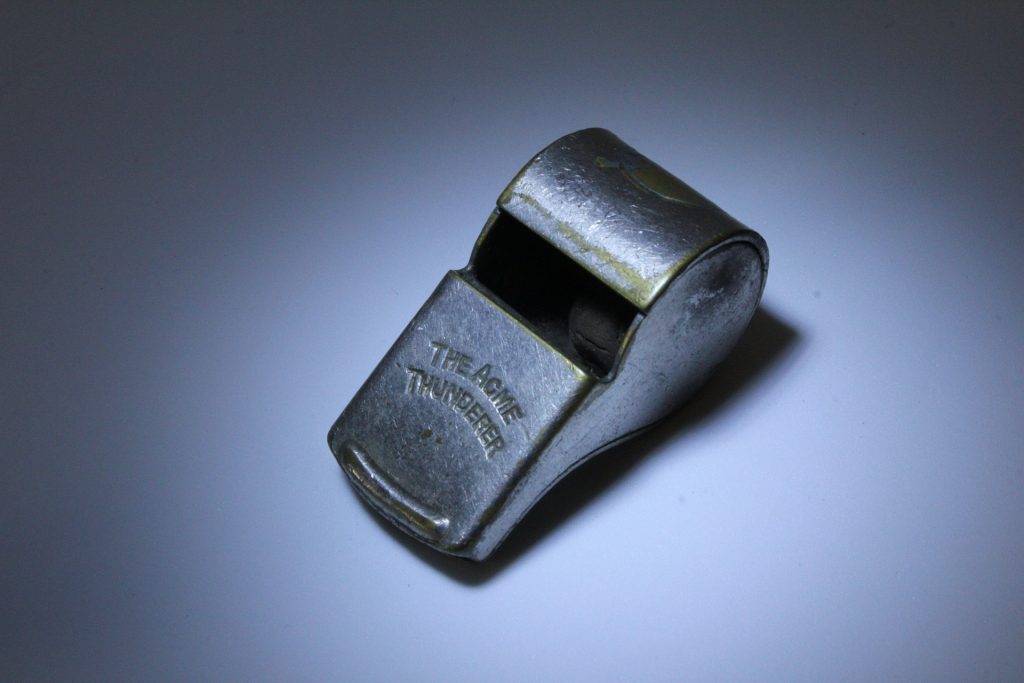What You Need to Know About Qui Tam Lawsuits

Let’s face it: legal matters can be difficult to understand. Latin phrases, like “qui tam,” only add another layer of complexity and keep people from understanding the legal system created to serve them.
But we’re going to demystify part of it today.
To put it simply, a qui tam action is a lawsuit brought by a private person against another person or company that is committing Medicaid fraud, Medicare fraud, or another type of fraud involving government funding. It’s worth knowing about because some states give the whistleblower part of the money recovered by the government in the case.
Where Does Qui Tam Come From?
The phrase “qui tam” is part of a longer phrase in Latin that refers to a person bringing legal action against someone else on behalf of a king or government. It’s a fancy way of referring to how an individual person can act on behalf of a government body. In the U.S., these are also known as “whistleblower” lawsuits.
How Do Whistleblower Lawsuits Work?
 Whistleblower lawsuits can vary from one situation to another, depending on the type of fraud committed, how it was discovered, and who was involved. In general, a qui tam lawsuit allows the plaintiff “whistleblower” to seek financial gain for revealing the fraud. Rather than looking for a reward from the government, qui tam lets that person actually sue the person or company that committed fraud.
Whistleblower lawsuits can vary from one situation to another, depending on the type of fraud committed, how it was discovered, and who was involved. In general, a qui tam lawsuit allows the plaintiff “whistleblower” to seek financial gain for revealing the fraud. Rather than looking for a reward from the government, qui tam lets that person actually sue the person or company that committed fraud.
Consider this example: a nurse working for a hospital notices some discrepancies in reports and financing. After looking into it, she discovers that the hospital has been filing claims with Medicaid for supplies for patients, but is actually keeping most of the money. The nurse contacts Medicaid to alert them of the fraud, making her a whistleblower. Under federal law, she can then file a qui tam lawsuit against the company that committed fraud to penalize them for their actions, and to gain compensation for her part in exposing their corruption.
Who Is Liable?
Under the False Claims Act, “any person who knowingly submits a false claim to the government or causes another to submit a false claim to the government or knowingly makes a false record or statement to get a false claim paid by the government,” is liable for damages.
Liability in a qui tam lawsuit typically comes down to who was directly involved in committing the fraud. It may be a private individual, or a company-wide conspiracy that was knowingly defrauding the government. When a far-reaching pattern of fraud and efforts to cover it up are discovered, then a whole organization can be subject to a whistleblower claim.
Who Can File?
A qui tam lawsuit can be filed by anyone who plays a part in exposing fraud. If multiple people work together and help provide information to law enforcement or government agencies to uncover fraudulent activity, they might come together and file a joint lawsuit against the guilty party.
Does Nebraska Have a Qui Tam Law?
While many states have qui tam statutes, Nebraska is not one of them. The Nebraska False Medicaid Claims Act covers false Medicaid claims specifically and civil actions in such situations, but it does not stipulate that a qui tam lawsuit can be filed against parties that violate the Act. This is where federal law comes in.
Even if you cannot file a whistleblower claim against a company in Nebraska state court, you may still be able to bring a lawsuit in federal court. Federal laws regulate how such suits can be filed, when they must be submitted, and what kinds of penalties can be sought. Keeping track of all of this information can be pretty difficult, which is why you should have an experienced Nebraska qui tam lawyer by your side.
Do I Really Need an Attorney to File a Claim?
Yes. A knowledgeable attorney should help you file any kind of lawsuit, especially something as complex as a qui tam claim. For example, there are statutes of limitations on filing a whistleblower lawsuit, and without a lawyer to advise you, you could easily miss a deadline and waive your rights to file such a claim.
Our qui tam attorney at Bottlinger Law L.L.C. would be happy to explain if you have more questions. For a free consultation about your whistleblower matter, please call (402) 505-8234.
Bottlinger Law
Consultation Form
Our legal team is ready to help. Please fill out the form below to set up a free consultation with the Bottlinger Law team.